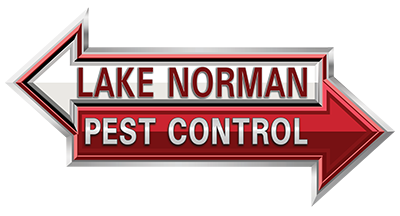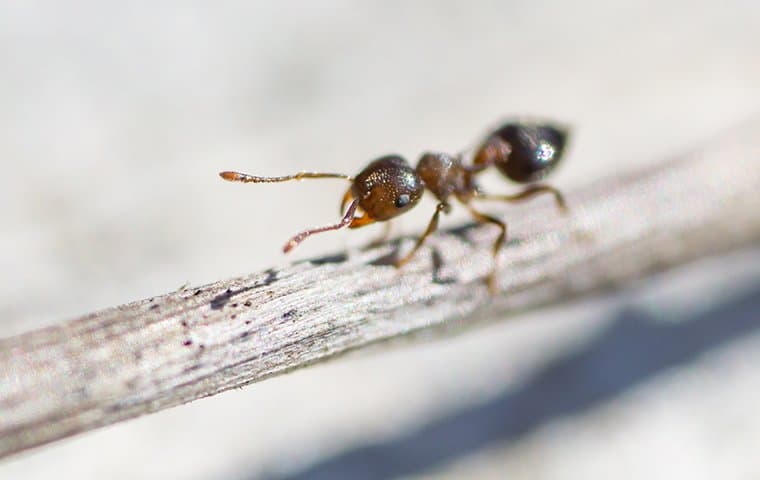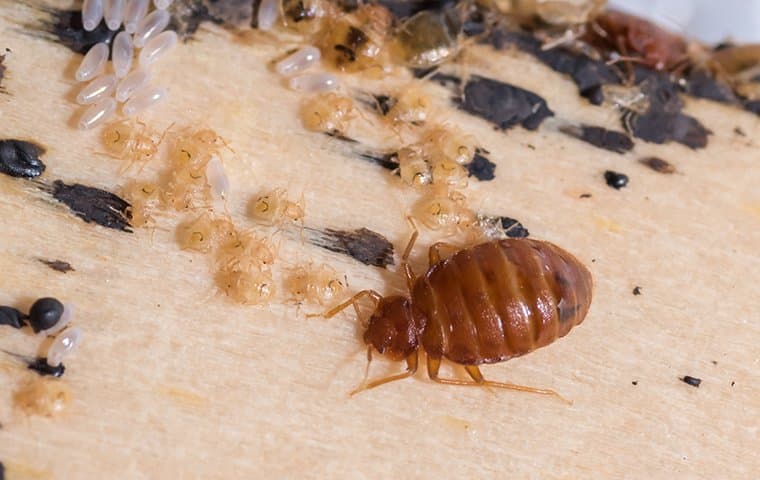There are many ways you might notice a rodent problem. You may lay in bed after a long day and hear scratching and bumping inside your walls. That's no fun. You may go into your basement to do laundry and see a rodent running along a wall. That is even less fun. You may even go into your attic and find black droppings all over your attic insulation. Finding out that you have rodents in attic spaces is perhaps the least fun of all, especially if you have important things stored in your attic.
If you'd prefer not to find rodents in your home, you've come to the right place. Today, we'll look at why rodents get in, what they do in your home, and what you can do to prevent a problem before it begins. If you're currently dealing with a rat or mouse problem, remember that we're here to assist you. Your Lake Norman Pest Control team provides smart solutions for rodent control in Mooresville. Contact us for advice or service options.
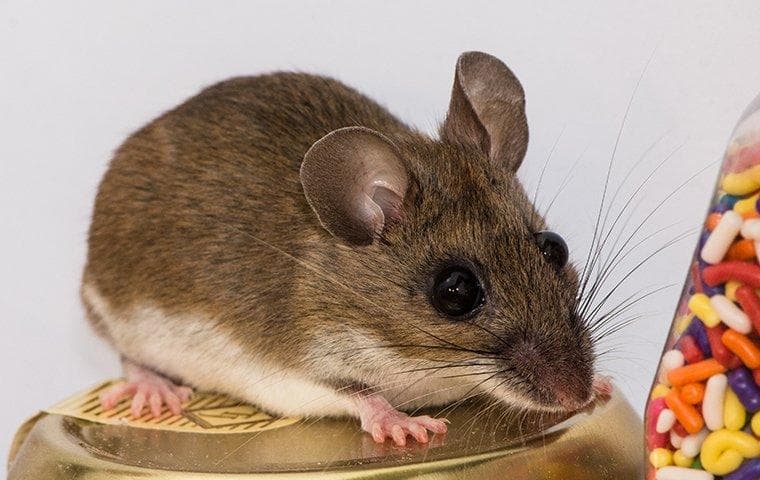
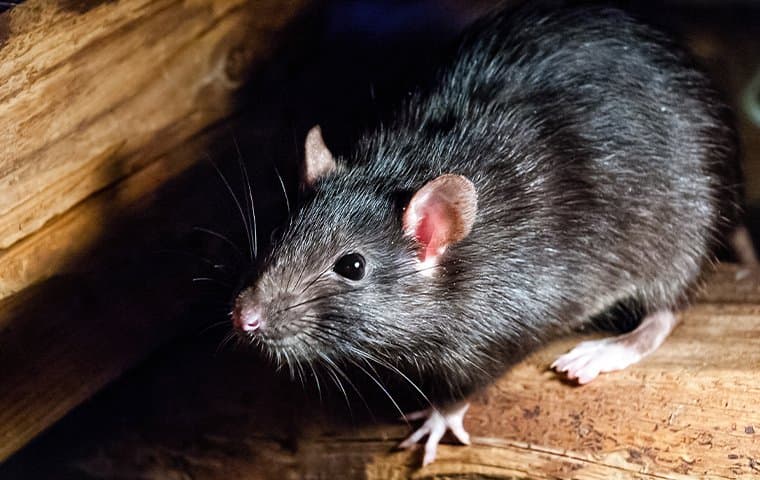
Rodent Behavior Insights: Navigating The Habits Of Mice And Rats
There are a few common rodents in Mooresville. They are so common that we're sure you know most of the names of rodents that commonly cause trouble. They are house mice, field mice (or deer mice), Norway rats, roof rats (or common house rats), and tree squirrels. All these rodents share some common traits, but they are uniquely different. Let's start by looking at how they are the same.
How do all rodents behave?
When rodents come into your yard, you can expect them to chew on lots of things with their incisors. A rodent's incisors never stop growing, so they need to file these teeth down- rodents file their teeth by chewing on things. As they move about in your yard, chewing on the things they find, they'll leave droppings behind. Outdoors, these droppings aren't so bad, but when they sprinkle them in your attic space, that's another thing altogether.
How are rodents in Mooresville different from each other?
House mice are the worst, even among mice. They prefer to live in structures. Deer mice typically infest sheds and barns. But, if conditions are right, they'll come into your house.
Roof rats are the worst rat pests because they behave like larger versions of house mice. They prefer to live indoors because your attic and wall voids remind them of where they live in nature—namely, tree cavities. Only the wood cavities in your home are spacious.; what roof rat can resist?
Norway rats love to dig in the ground and create burrows. While they can definitely come into your home and stay, depending on the conditions, they may stay outdoors. When they enter structures, they typically do so through entry points close to the ground because these rats aren't the best climbers.
Squirrels rarely get into homes, but when they do, they're annoying. They can rip up insulation and contaminate your attic. Fortunately, they usually stay in attics. They aren't going to raid your kitchen and pantry.
These various rodents are different, as you can see. When working to keep them out, it helps to know these differences, particularly if you've seen and identified the rodents you're attempting to control. Check out photos online or take a look at some of our other blog posts on rodent identification to learn how to tell them apart.
Health Risks Of Rodent Invasions: Protecting Your Family And Pets
How bad is it when the common rodents listed above find their way into your home? We touched on this, but covering a bit more on this topic is helpful. It isn't enough to know how to keep rodents out of your home; you should also understand why you should. Even the smallest of mice can cause the following problems:
- Rodents will bring ticks into your home by the dozens, putting you and your pets at risk.
- These animals pick up germs in trash cans and deposit them on counters, shelves, and dishes.
- They pick up organisms in sewers and bring them into your home, potentially spreading disease.
- Rodents will leave droppings around your home.
- They will soak your insulation and belongings with urine.
- Rodents will chew on wires in your walls, creating a fire hazard.
- They make holes that allow rainwater to get in.
The common behavior patterns above put your family at risk. Rodents can expose you to illness and damage your property. We can't tell you the level of risk because every home is slightly different, and every infestation is unique. We can tell you that it is best not to have mice, rats, or squirrels in your home.
Proactive Rodent Control: Preventing Infestations Before They Begin
How do you prevent backyard rodents from becoming indoor pests? The easiest way to explain how prevention works is to use squirrels as an example. Squirrels are active during the day, so their behavior patterns aren't as mysterious as those of mice and rats:
- Squirrels climb trees, run along branches, and get onto your roof. Mice and rats can do this as well.
- Squirrels run across power lines and can move from poles to roofs. Mice and rats can also do this.
- Squirrels can fit into a tiny tree cavity. They don't mind tight spaces, and neither do mice and rats.
- Squirrels love finding nuts on the ground. Nuts are also a favored food source for mice and rats.
- Squirrels will get into your bird feeders and eat the seeds. Can you guess what we're going to say next? That's right. Mice and rats do this, too.
If you want to keep rodents out of your home, you have to counteract their natural behavior patterns. Many prevention steps work for all rodents. Let's start with those:
- Install rodent guards around the base of trees near your home or that produce a food source. A guard stops rodents from clawing their way up the bark to the branches.
- Install rodent guards on power lines. Doing this puts a block in the way. If the rodent can't jump over it, you will successfully keep it off your roof.
- Use materials to seal entry points in your exterior. Squirrels get into eaves and soffits as though they are openings into a tree cavity. Rats and mice can enter openings from the ground to the peak of your roof. Patch holes and gaps and protect gable vents.
- Rodents will look for food sources in your yard. To prevent this, remove or protect bird feeders, guard fruit trees, and clean up nuts and fruit off the ground underneath trees. You should also install fencing around gardens, cover trash receptacles, and reduce insect populations around your home.
These prevention tips work to prevent all rodents from getting into your home, but there are a few prevention tips that are unique to mice and rats:
- Mice and rats hide in thick vegetation. Trimming landscape plants, removing weeds, and cutting grass can deter them.
- Mice and rats hide in trash piles, stacked wood, and brush piles. To prevent this, store these items in bins.
- Mice and rats hide under decks, in crawl spaces, and other places underneath structures. To keep them out, use hardware cloth or chicken wire.
- Mice and rats have poor eyesight and will use lawn clutter to navigate. They feel their way around your yard, which is why they can move adeptly in the pitch dark. They do not like wide open spaces, so clean up toys, scrap, construction materials, garden equipment, etc.
If you apply these tips, you'll have a good chance of keeping rodents out of your home—as long as something doesn't drive mice and rats into your yard in large numbers. When this occurs, you'll need a control solution.
Professional Rodent Control: The Best Way To Keep Mice And Rats Away
Even if you know how to keep rodents away, they can overwhelm you. A big reason why professional rodent control is the best way to deter mice and rats is that it works to control their populations. When you contact Lake Norman Pest Control, we install a bait solution around your home to address rodent pressures. We also perform the task of sealing key entry points these rodents may use to enter your home. Along with these targeted control options, we provide year-round pest control services, which reduce bugs in your yard. Bugs are one source of food that can attract rodents and make them stay on your property rather than move on to the next.
Do you have any questions about rodent control that we did not answer in this article? We're happy to answer them. Contact your Lake Norman Pest Control service team at any time. We can also provide detailed information about our services, pricing based on your specific needs, and insights regarding the rodents you're finding. Reach out to us today. We are your source for Mooresville rodent control services for your home.

